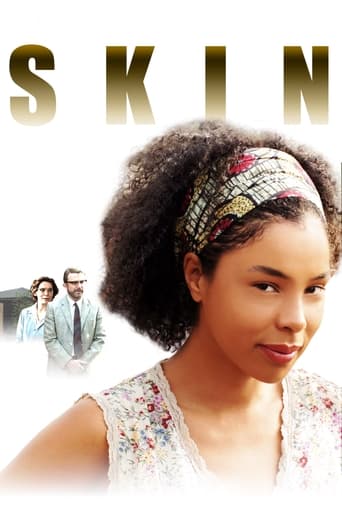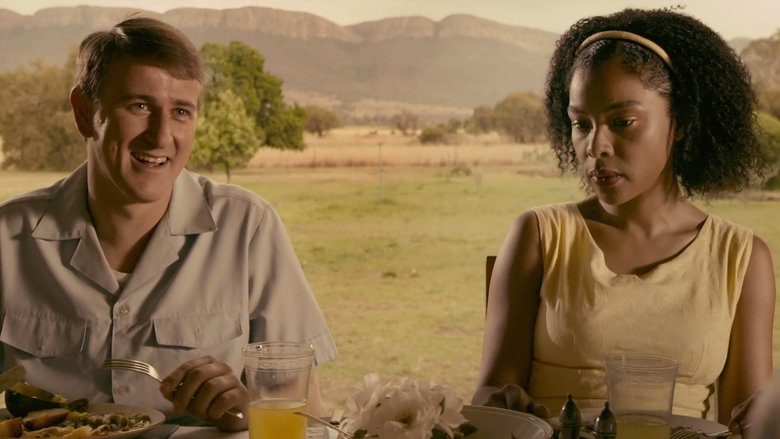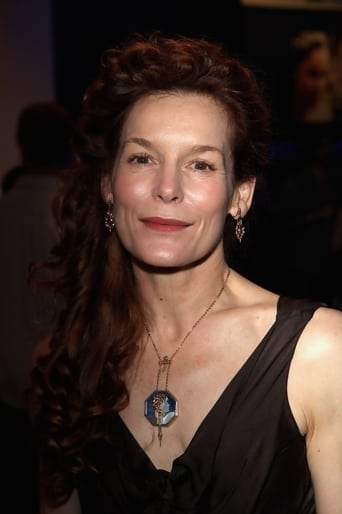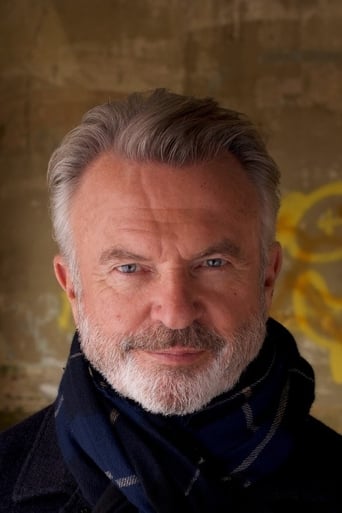Skin (2008)
Based on the true story of a black girl who was born to two white Afrikaner parents in South Africa during the apartheid era.
Watch Trailer
Cast


Reviews
It's 1965 Eastern Transvaal, South Africa. Sandra Laing is the young daughter of white Afrikaner parents Abraham (Sam Neill) and Sannie Laing (Alice Krige). She is kicked out of her all-white school for her African features despite being born as white. She is reclassified as colored and Abraham overturns it in court. At 17 in 1973, she has a relationship with black Petrus which drives a rift in between her family.It's a compelling intriguing real life story. It takes a look at Apartheid from a different angle. There is a tough question at the center of the movie that is left uncertain. It does leave the movie at a disadvantage dealing with real people. Nothing is quite as clean in real life.
I finally saw "Skin" last night. I won't recap the story here. I was fascinated by Sandra Liang's heartbreaking experience, but I missed the movie in the theatre. The actors – Neill, Krige, Okonedo and Kgoroge – performed their roles well. The film, overall, is not perfect. I agree that Sophie Okonedo was not completely believable as the teenage Sandra Laing, but that's a small quibble given Okonedo's gargantuan talent.What really saddens me is that so many people are more concerned with debunking the notion that two white-looking people can (biologically) produce a black-looking child than with South Africa's brutal, hateful apartheid regime that tore this family apart, and turned a beautiful young girl's life into a living hell. All of my white friends summarily dismissed Sandra Laing's story and rejected the possibility that it could be true. For them, it's easier to question Sannie Laing's marital fidelity than to keep an open mind about polygenic inheritance (genetic throwback). They should know by now that we don't know everything about genetic curve balls.The scenes that disturbed me the most were 1) Sandra enduring humiliating tests (measuring of her forehead and pencil stuck in her hair), 3) Sandra bleaching and seriously burning her skin with a dangerous homemade concoction of chemicals, and 3) Sandra's realization of her parents' deep denial of their own racism. It was painful to watch her attempt to survive relentless rejection. I'm convinced she loved Petrus in some way, but I believe she may have chosen to go with him at 15 years old to escape daily psychological and emotional torment. Unfortunately, the "one-drop rule" and the notion of white racial purity (tying to white superiority) remain rampant today, and even in the good old US of A. We will likely solve world hunger and cure every disease imaginable before we eradicate that one! Oh, and Tony Kgoroge is gorgeous. He has beautiful skin and a smile that could melt well, anything! I loved watching him in "Invictus".
This movie is based on a real person and her true story. However the end credits points out that some characters and some situations were created for dramatic effect, that's the way movies are made. But I will assume most of it is accurate.Sophie Okonedo is the adult Sandra Laing who, in 1955, was born during the period of apartheid in South Africa. The official teaching of the white South Africans, the Afrikans, was that white and black people were "different" and they should be kept apart. Apartheid.This is important for this story because Sandra's parents were both white Afrikans, but Sandra was brown with black, kinky hair. Her skin was not as dark as the usual black but clearly in looks more black than white.Although her parents and brother treated her and loved her all the same, this created many problems for Sandra growing up, starting with boarding school where the other students and even the faculty looked at her as black, and treated her that way. When she was a teen, desperate for acceptance and love, she met and ran off with a black man, which was strictly illegal since her parents had her officially classified by the government as "white". Plus her unyielding father rejected her, he so strongly upheld the ideals of apartheid.South African actress Alice Krige is the mother, Sannie Laing. The Irish and New Zealander Sam Neill of Jurassic Park fame is the dad, Abraham Laing.Very good movie, both for the quality of the story, and also for its significance for that period in history. All actors are superb. Saw it on Netflix streaming.
"I'm not black!" SandraThe color of Sandra Laing (Sophie Okonedo) colors her life beyond what anyone might dream possible. Born black of white parents Sannie (Alice Krige) and Abraham (Sam Neill), who own a rural general store, Sandra is the center of Skin, a drama played against the harrowing years of Apartheid. She is breaking the law if she lives as a black with whites, so her dad devotes years to have her officially declared white.But even for isolated Afrikaners like the Laings, life is complicated, especially when Sandra falls in love and has a baby with a black farmer, Petrus (Tony Kgoroge). Although the film becomes melodramatic or operatic at times, underneath is a core of truth about a human condition that fosters racial hatred and enslavement even in the modern world. It takes a Mandela to free blacks in Africa, but it is up to the strong of heart like Sandra to make that freedom a reality, day by day.The film, sometimes playing like J. M. Coetzee Coeteze's violent white versus black world, does a credible job showing the contradictions in characters like her dad, who enforces the separation of black and whites but seems to know he is wrong. Yet, he cannot help himself; this is the strength of the film, the consistent struggle between righteous tradition (read separation) and goodness and fairness. Although we know apartheid will end, and Abraham will be a victim of his own willfulness, the film manages to retain the sense of futility for blacks, artistically not easy to do when history has made its statement.The goodness often manifests itself in her mother, a loving woman driven by her husband to lose her daughter and watch him suffer remorse too strong to describe. The truth lies in the pain that an oppressed people have endured for hundreds of years on both sides of the Atlantic. For that truth, Skin is worth experiencing.







